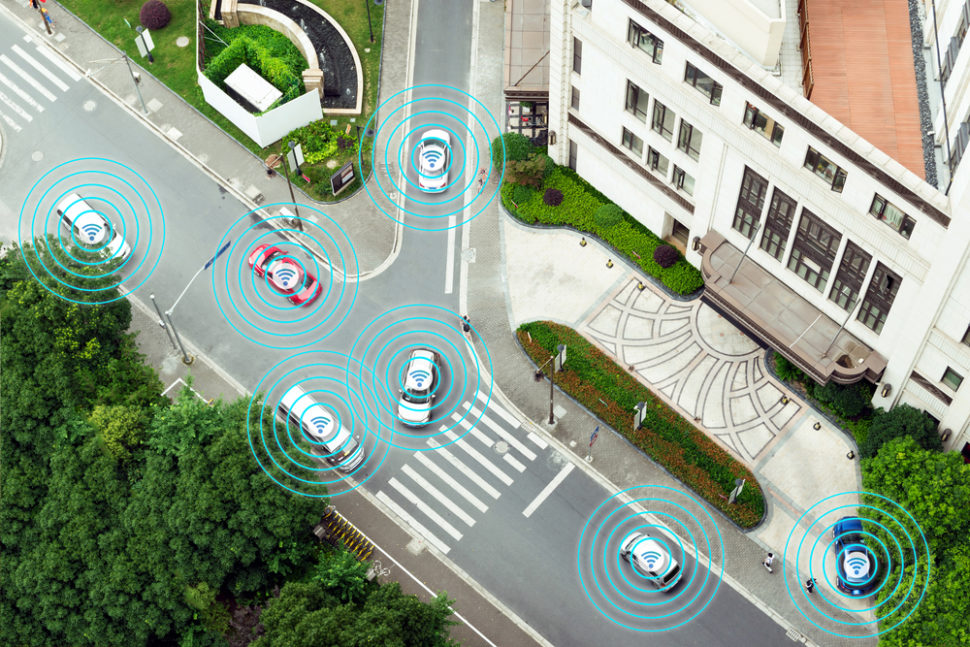Automakers can make hands-free fully autonomous cars, like Tesla’s autopilot that at first glance seems to be underperforming, but the company believes in its technology.
The automotive industry will most likely get its AI-powered self-driving hardware and software up to snuff. But, without getting consumers on board, there’s no market.
And it’d be hard to convince consumers about particularly the safety of fully autonomous vehicles.
When it comes to level-5 autonomous cars, consumer acceptance could be a bigger barrier than the technology itself.
But what do American drivers, in general, feel about autonomous vehicles?
This Could be the Decade of Fully Autonomous Cars
According to a new consumer acceptance study conducted by the Capgemini Research Institute, 59% of American drivers are anticipating self-driving cars.
5,500 consumers were surveyed to gauge their readiness for driverless cars, as well as 280 executives from leading organizations to see if the strategy of automotive companies, including technology, is in tune with consumers demands and expectations.
According to the report, automakers should:
“Start by understanding customer concerns about and expectations from self-driving cars. They must also work internally towards a software-led future where the self-driving car is an integral part of their overall company strategy and not just an innovation project. Moreover, they must develop an ecosystem of services to complement consumers’ experience while in a self-driving vehicle,”
Read More: Tesla Deep Learning: How to Create the Perfect Autonomous Car
Besides the 59% who feel a sense of anticipation, 52% of drivers in the United States said they’d prefer self-driving cars five years from now, and 56% are even willing to pay a premium of up to 20% for a self-driving car.
The survey shows that in the next 10 years, preference for riding in autonomous vehicles over a traditional vehicle would double, from 30% today to 63% by 2029.
“Our report shows a high level of optimism and excitement among potential autonomous vehicle users,” said Markus Winkler, the global head of Automotive at Capgemini. “Most conversation to date has focused on the technological evolution of driverless cars – so it’s hugely encouraging to see the potential benefits that the technology enables are resonating with future passengers.”



















Comments (0)
Most Recent